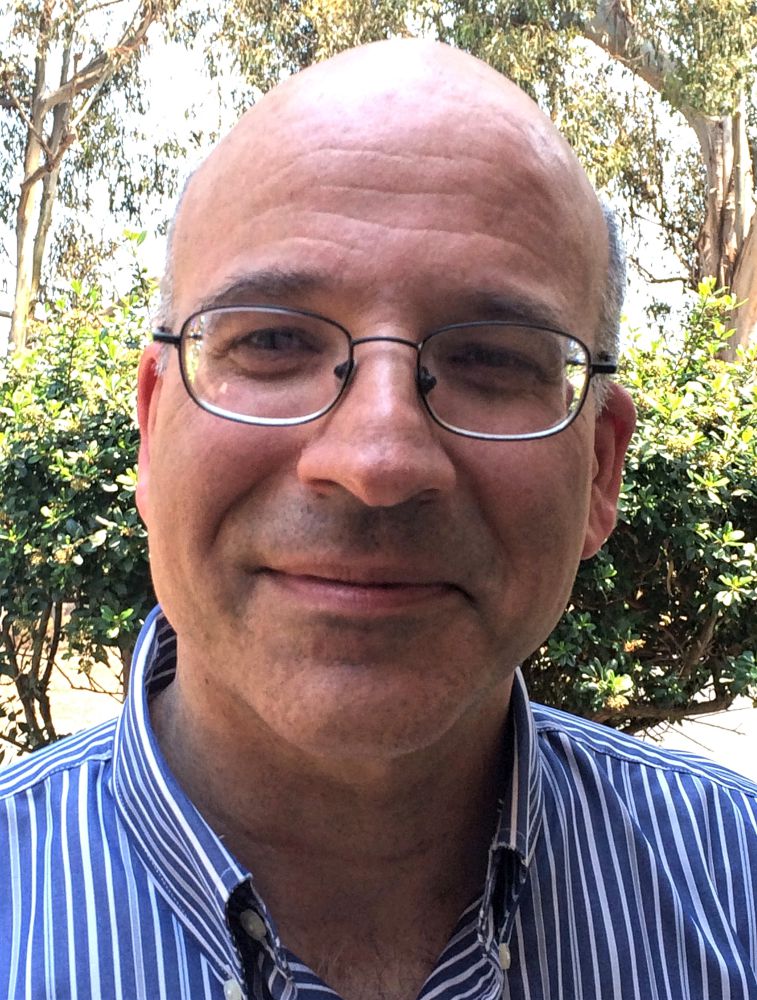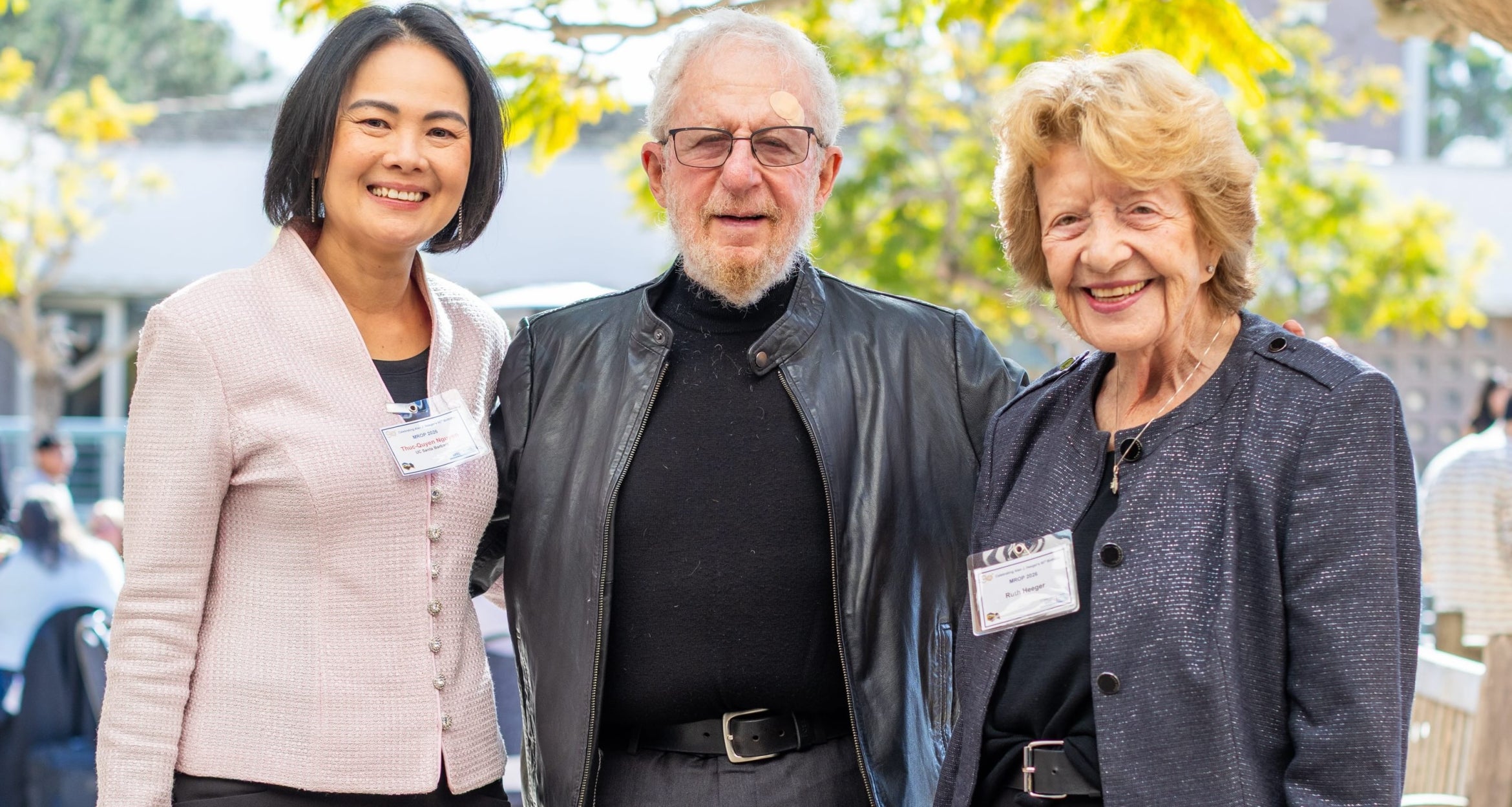
TALES, Vol. 2

Great teachers demystify their topics and make them accessible to their students. How do they do it? A program at UC Santa Barbara’s Instructional Development (ID) aims to answer that very question.
“TALES: Teaching and Learning Excellence Series” is back with two acclaimed faculty members who will provide insight into their educational craft in separate live events. The first is Tuesday, May 16, at 4 p.m. in Girvetz 1004 and will feature Jason Duque, a senior lecturer in UCSB’s Department of Education. He will talk on “The Importance of Ignorance in Teaching and Learning.”
“Jason Duque’s research focuses on how our instructional choices shape our ability to reach our diverse students,” said Lisa Berry, senior instructional consultant in ID. “He explores the limitations of current pedagogies and how they can be reshaped to help more students succeed. Plus, Jason is a highly entertaining speaker who is not afraid to take people out of their comfort zone to help them reflect on, and enhance, their own teaching.”
The second live event is Monday, May 22, at 3 p.m. in the McCune Conference Room, 6020 Humanities and Social Sciences Building. Salim Yaqub, a professor of history, will speak about “Analysis and Empathy: Helping Students Gain More Fully Rounded Understandings of Controversial Issues.”
“Students say Salim Yaqub ‘goes the extra mile’ to make his large, general education survey course on post-World War II America come alive,” Berry noted. “Using multimedia, in-class debates and unconventional, image-based PowerPoints, he helps students step into the shoes of those affected by the events that they are studying. Anyone teaching a large GE course with students who show up disconnected from the content and disciplinary way of thinking will benefit from experiencing Salim’s teaching approaches.”
A slightly adjusted format for Duque and Yaqub’s talks, Berry noted, “will allow more space for interaction between the participants and the speaker, while still allowing the presenters ample time to ‘show their magic tricks’ rather than to merely describe them.”
The first round of talks, according to Berry, were well received. “Attendees said that they found the speakers inspiring and thought-provoking,” she said. “They appreciated being able to openly discuss how to apply the teaching strategies presented in the talk to their own classes.”
The live events are open to the whole campus, but faculty and lecturers are especially encouraged to attend.
TALES also produces a podcast series. The latest podcast, “First Generation Students’ Experiences,” provides a glimpse into the academic lives of students who are the first in their families to attend college, and the instructors that support them.



